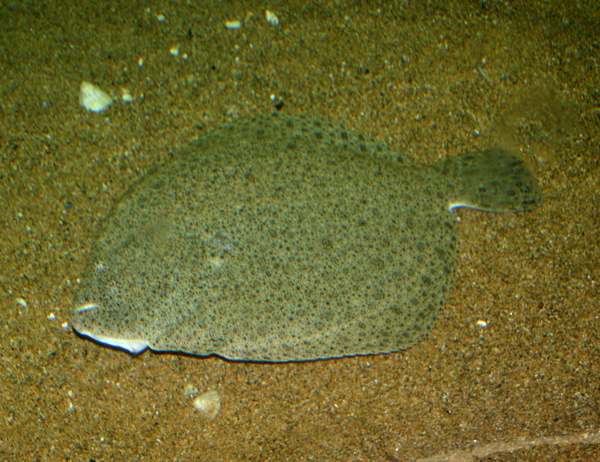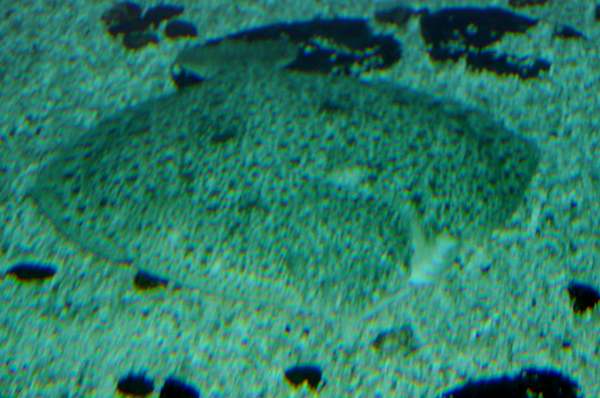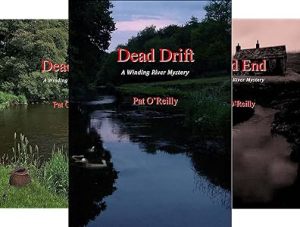Scophthalmus maximus - Turbot
Phylum: Chordata - Class: Actinopterygii - Order: Pleuronectiformes - Family: Scopthalmidae

Masters of camouflage able to change colour to blend in with the sea bed, turbot are essentially flatfish of the deeps. Only occasionally are small turbot up to 8lb (3.5kg) or so caught by angling from the shore.
These are slow-growing fish and can live for up to 40 years. A 20lb (14kg) turbot is a real specimen, although commercial fishermen have landed fish of 40lb (18kg) and more. In 1981, a turbot weighing 24lb was caught off Swansea and holds the Welsh rod-caught record. The British record boat-caught Turbot weighed 33lb 12oz; it was caught in 1980 by Mr R Simcox off Salcombe, Devon..
Turbot feed on fish, and sand eels are a particularly important part of their diet; they will also eat squid, prawns and molluscs.
These fish are often caught near wrecks, where they feed on the sand and gravel flats in the lee of the hull.

A powerful boat rod is necessary when fishing areas with strong currents, and a heavy lead of 1lb (0.5kg) or more may be necessary to keep the bait on the bottom. A strong nylon trace (at least 50lb breaking strain) is advisable, although some anglers prefer to use a wire trace to avoid the risk of the trace fraying against the wing of the kite or being cut by its sharp teeth. A 4/0 to 8/0 hook is recommended.
Excited at the prospect of flyfishing? So are we, and we're pretty sure you would find the Winding River Mystery trilogy of action-packed thrillers gripping reading too. Dead Drift, Dead Cert, and Dead End are Pat O'Reilly's latest river-and-flyfishing based novels, and now they are available in ebook format. Full details on our website here...
Buy each book for just £4.96 on Amazon...
Please Help Us: If you have found this information interesting and useful, please consider helping to keep First Nature online by making a small donation towards the web hosting and internet costs.
Any donations over and above the essential running costs will help support the conservation work of Plantlife, the Rivers Trust and charitable botanic gardens - as do author royalties and publisher proceeds from books by Pat and Sue.
